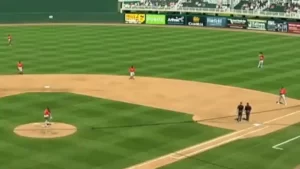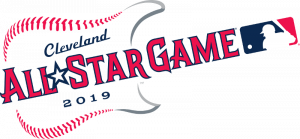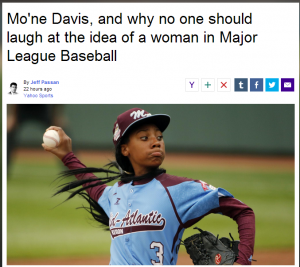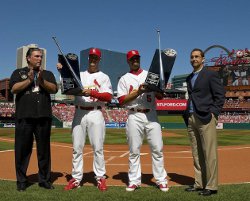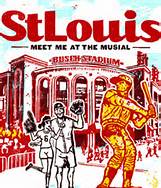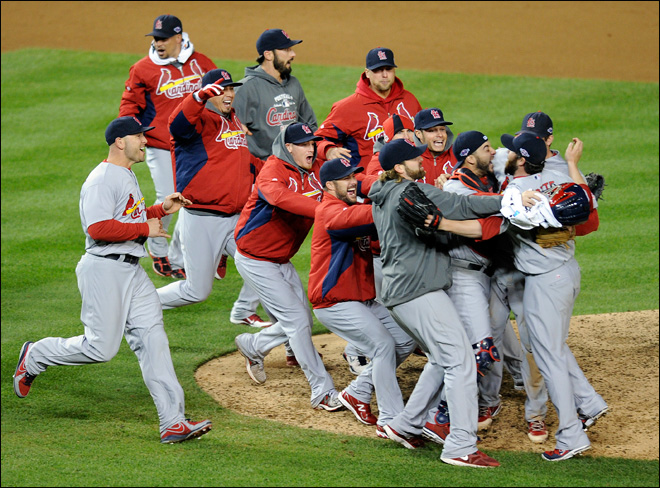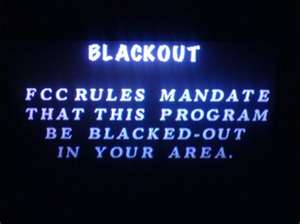Baseball season is upon us and that’s good news for everyone but fans of The Shift. You see, baseball has new rules in place to prevent teams from using The Shift. Ah, the good old tried and true method of fixing of a problem by creating a complicated and almost unenforceable rule. Of course, by tried and true I mean tried and failed.
Will the new rules fix the problem or will they just create a myriad of other problems without really addressing the underlying issue? Is this, in fact, a microcosm of the overly ruled and regulated society in which we find ourselves?
What is the Shift?
In 2003 the Oakland A’s achieved success with an analytic based player analysis system. Since then, most of the other teams in the league followed along. This system heavily values power hitting, that is to say home runs and doubles. This resulted in several changes to the way baseball is generally played.
One change resulting from this is how hitters now swing. In order to get greater power numbers, players began to swing harder. This led to a great deal of what is called pull-hitting. A right-handed batter will almost exclusively hit the ball to the left and vice-versa for a left-handed player.
Teams began to clue in on this and instead of arraying their infielders in a traditional pattern, fairly evenly dispersed over the field, they began to align them heavily toward the expected position of the batted ball.
The Shift Rule
The executives in charge of Major League Baseball view the shift as too effective. The players who swing hard and get doubles and home runs were now grounding out far too often. Well, at least far too often for the league’s preference.
In order to rectify this problem, they created a new rule. Now teams are not allowed to have more than two infielders on either side of second base. The rule is a little more complex than that, but that is the gist of it.
The Response
Naturally, teams try to get around the intent of the rule. They place outfielders close in to the infield. The players crowd near to second base without quite going over the invisible line, adding to the burden of umpires who have plenty to do as it is.
I’m sure other ways to defeat the intent of the rule will be found as the season progresses. I’m sure MLB will institute tweaks to the rule in future season.
Why the Shift Rule is Stupid
The shift rule is dumb. If a team wants to play seven players on the infield near where the batter is likely to hit the ball, good for them. I doubt there are many cricket fans in my audience but those who follow the sport know that’s exactly how it works in that sport. The defensive team can position their players largely where they’re likely to succeed.
If a team thinks their hitters are grounding out too often, there’s a simple solution. Stop trying to hit a home run every time you’re at bat. Draft some players who spray the ball around the field.
The cat and mouse game that is professional sports largely polices itself. When a team has success doing something a particular way, other team follow. Then along comes a new way that defeats the old and round and round we go.
Conclusion
I’m not against rule changes categorically but I don’t think such changes should be based on a heavy-handed attempt to modify the strategy of the game.
Let game strategy police itself. You want to stop the shift, get players who pull the ball to the opposite field.
Tom Liberman
